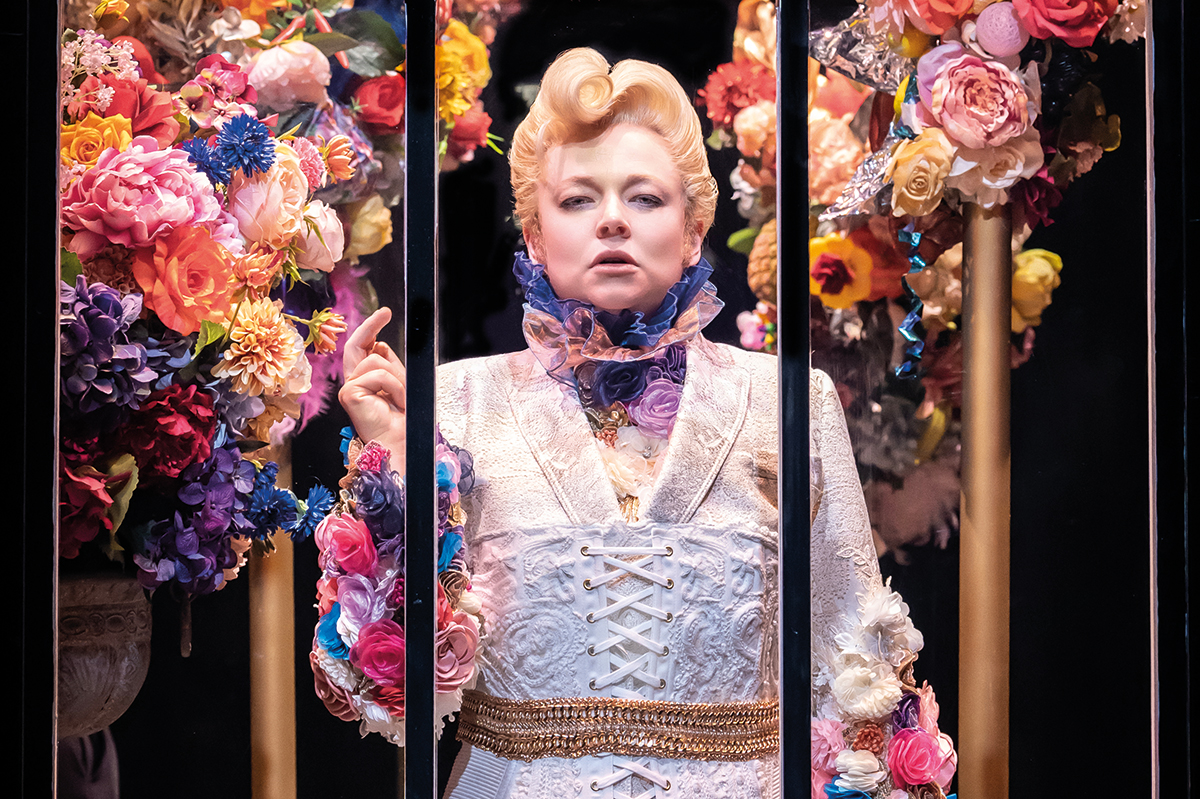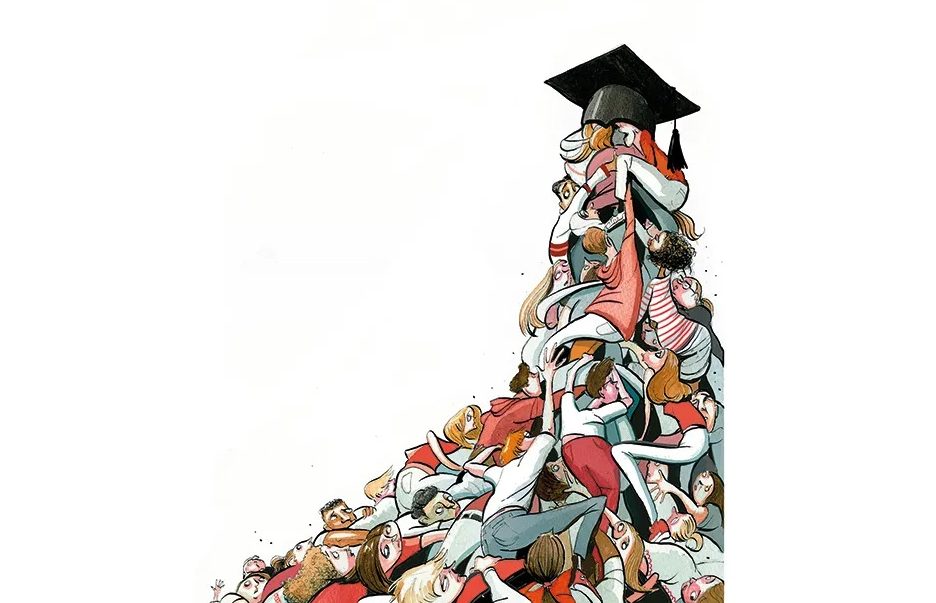During my study in the theater division at Columbia University’s School of the Arts, Romanian emigree acting professor Andrei Serban was legend. Beloved by acting students, lauded by faculty, he was tenured, established, and had seemingly free reign over his department. Despite that, he recently resigned over the administration’s push for trans inclusivity and faculty identity diversity.
In an interview with Romanian TV show Profesioniștii (The Professionals), Serban detailed the two major reasons for his departure. As head of a hiring committee, he was told by the Dean of the School of the Arts to hire a person based on their identity factors, and not the person who he thought was best for the job. This was not innuendo, or subtext, but the message:
‘The dean of the Art School told us that there are too many white professors, too many male professors, heterosexuals, and that it would be better if we hired a professor who was preferably a woman of color, if she was gay, so much for the better, and if he was a man, a Puerto Rican or a person of color would have been preferable.’
For an artist who had come from behind the Iron Curtain in the middle of the Cold War to make work in New York, where freedom and self expression ruled the art world, this must have been a nasty shock. Serban knew that the idea of a prof being qualified by identity factors and not by skill, performance, or professional credentials, is anathema to arts education. How could a reasonable person expect students to pay for an education taught by people more valued for their skin color and sexual orientation than ability to teach art? The prospect, he said, made him feel like he was ‘back in communism’.
Serban’s artistic sensibilities were also called into question when he was admonished for not wanting to admit a male transgender applicant who auditioned with a monologue of Juliet’s from the iconic Shakespeare play. While casting Shakespeare with a gender bent goes back to the old Globe days, Serban could not see this actor as Juliet:
‘In Juliet’s monologue, Juliet is a 14-year-old girl, purity embodied; it was impossible for me to believe that this boy who had become a girl can be Juliet…I told him I do not mind but I do not know how he could be Juliet…I couldn’t believe it, I couldn’t believe that he can be Juliet, and I couldn’t believe it that if he was a student at Columbia I would be able to work with this boy, who had become a girl, as Juliet, for three years, I could not, I would have been dishonest with myself if I did that. I handed in my resignation and I left. I felt sorry because all students shed a tear, students I had been teaching for two years.’
Acting is not an egalitarian enterprise. Casting is based on a director’s belief that an actor can truly embody a given role. If they don’t get it right, audiences won’t believe it either. The success of a play depends on good casting. Actors need to be rigorous and disciplined to not think of themselves, their wants or needs, but those of the character. This is what the Method acting approach, which Serban taught, is all about, and the Method is what brought us our greatest acting talents, from Marlon Brando to Liz Taylor to Avery Brooks.
Students loved him. Those who worked with Serban expressed how high his expectations were for both students and professionals. Serban is a classic hard-ass, a tough prof who demanded the best work from his students, and pushed them as far as he could. It was this style of hands-on direction — honest critique without regard for feelings or compassion — that led students to serious artistic breakthroughs. Why would any serious artist want less? If the art is worth it, it is worth it all — ego and identity included. And this is what Serban, and his generation of arts professors, knows. The work of making good theater takes everything an artist has. Feelings don’t matter, and are best left at the stage door.
It’s no secret that Columbia is a left-leaning university, and the School of the Arts might be the most woke college within the ivy-covered walls. While heterodox political views are a given in theater arts, this push to center identity over the creation of good work will lead to the decline both of the School of the Arts and the expression of theater arts itself. In fact, it’s already happening.
Columbia is where I learned that contemporary artists need to stay in their lane and only create work about their own personal experience. I learned about white women’s complicity, and the problem with ‘heteronormativity’. But it’s also where I was taught to drive my work as hard as I could, without regard for my feelings or anyone else’s. The work was paramount, as it should be. If the arts are to be taught, they need professors like Andrei Serban who fight against the nonsensical view that anything in the rehearsal room is more essential than creating the most honest, truthful, compassionate work possible.


























